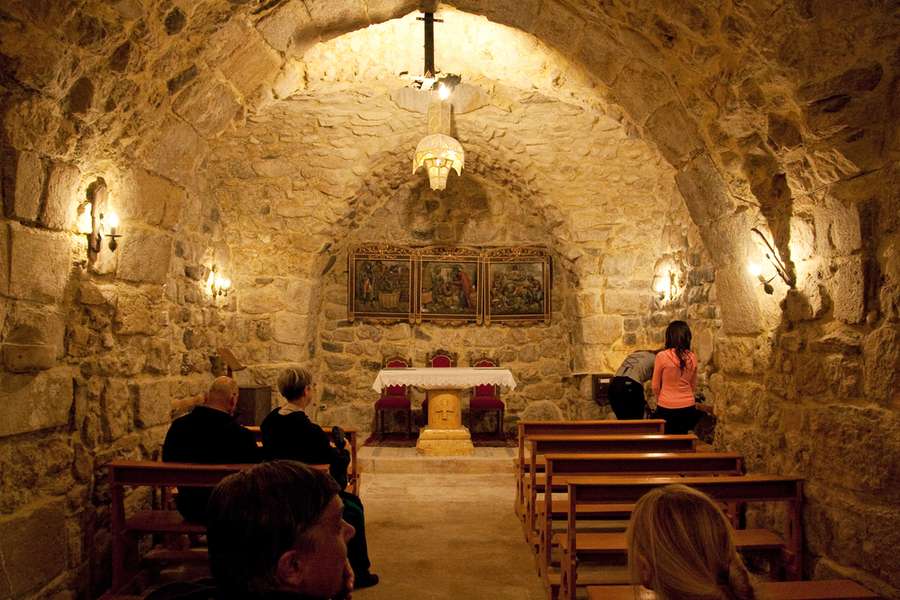Endangered Christian populations in the Middle East face renewed risks as the United States removes troops from Syria, a leading human rights group has warned.
On Oct. 6, the White House announced that Turkish forces would move in to northern Syria and that the United States would not have any military forces in the region. The announcement has caused widespread concern among Kurds in northern Syria and Iraq.
An ally of the United States, the Kurdish population includes many Yazidis and a handful of Christians. They have assisted the United States in its fight against ISIS and other extremist groups in the region.
Kurdistan is a disputed area distributed among Iraq, Turkey, and Iran, and Kurdish nationalists in Turkey have been the focus of sustained government oppression. The movement of Turkish military forces into Syria with U.S. support has raised concerns that they will wage a campaign against Kurds living there and placing renewed strain on Christian communities in the region.
In a statement released Monday, the group In Defense of Christians said they are “deeply concerned for the Christian and Yazidi communities of Northeast Syria should the Republic of Turkey move into the region,” and noted the region had been significantly depopulated of Christians in recent years.
“There are over 40,000 Christians in the Northeast, which is a dramatic decrease from the 130,000 Christians who lived in this area before the impact of ISIS and the Syrian Crisis.”
The group said they would work to ensure that the U.S. applied economic sanctions to Turkey should they engage in persecution of the zone’s inhabitants.
Previously, economic sanctions were placed on Turkey when the country imprisoned Pastor Andrew Brunson, an American who was held prisoner for over a year without being charged.
Brunson was released about two months after the U.S. imposed sanctions.
“President Erdogan has surely not forgotten the economic ramifications of sanctions due to the imprisoning Pastor Andrew Brunson, and as President Trump said, we can do so again,” Toufic Baaklini, president of IDC, said in a press release.
On Twitter on Monday, President Donald Trump defended the decision to withdraw U.S. troops from the region, despite concerns across the political spectrum.
“As I have stated strongly before, and just to reiterate, if Turkey does anything that I, in my great and unmatched wisdom, consider to be off limits, I will totally destroy and obliterate the Economy of Turkey (I’ve done before!),” tweeted the president.
On Tuesday, Trump said that while the U.S. troops would leave Syria, “in no way have we Abandoned [sic] the Kurds, who are special people and wonderful fighters.”
The announcement by Trump has raised concerns that Christians in northern Syria could suffer a similar fate to those in Iraq.
Chaldean Catholic Archbishop Bashar Warda of Ebril, one of the leading voices on behalf of persecuted and displaced Christians, said in May that the withdrawal of U.S. personnel from areas in that country was of immediate concern.
“We are gravely concerned regarding the recent draw down of the U.S. presence in Iraq,” the archbishop said.
“Having faced genocide at the hands of ISIS, our shattered communities have drawn immense hope from the promise of the American commitment to Iraqi minority communities spearheaded by the Vice President.”
Defense of Christians in the region has been a stated policy of the Trump administration for years. On October 25, 2017, U.S. Vice President Mike Pence told the IDC’s annual summit that the US “will no longer rely on the United Nations alone to assist persecuted Christians and minorities in the wake of genocide and the atrocities of terrorist groups.”
“The United States will work hand in hand from this day forward with faith-based groups and private organizations to help those who are persecuted for their faith. This is the moment, now is the time, and America will support these people in their hour of need,” Pence also said.

